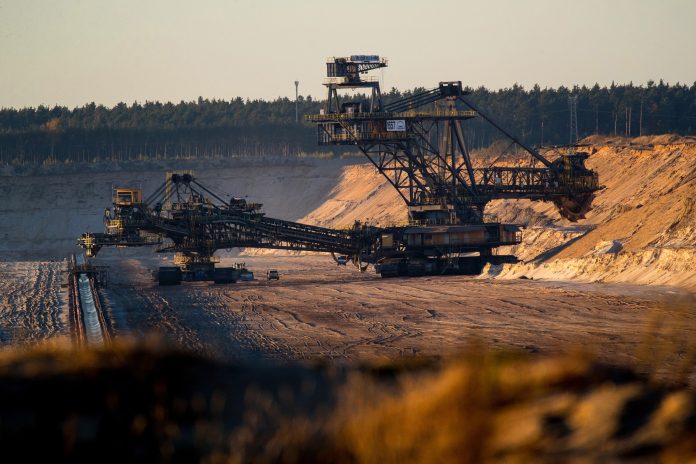Since the in 2015, European banks have given around €256 billion to corporations that put forests, savannahs and other climate-critical natural ecosystems at risk, Ekklesia reports.
The study, published by Greenpeace International, Milieudefensie (Friends of the Earth Netherlands) and Harvest with the support of other non-governmental organisations, is based on data collected by independent research organisation Profundo. The study focuses on JBS, Cargill, Sinar Mas and other leading global producers, processors and traders of soya, cattle, palm oil, rubber, timber and other commodities that pose a high risk of destroying ecosystems, and the financial institutions that finance them. The EU is the second largest global financial centre sponsoring these commodity industries.
Sigrid Deters, biodiversity specialist at Greenpeace Netherlands, said:
“Our research shows that banks and investors are not changing voluntarily: they are still pumping billions of euros into companies that destroy nature. Biodiversity hotspots vital to climate stability, such as the rainforests of the Amazon, Southeast Asia and the Congo Basin, or the northern boreal forests, are disappearing at an alarming rate. The EU urgently needs to show leadership by regulating its financial sector and stopping the flow of money into climate disruption and nature destruction.”
The report says that some of the largest EU-based banks, such as BNP Paribas, Santander, Deutsche Bank, ING Group and Rabobank, have allocated 22.1 per cent of total global lending between 2016 and early 2023 to major players in sectors that expose nature to risk. The vast majority (86.6 per cent) of these European loans are to banks based in France, the Netherlands, Germany and Spain. EU-based banks, pension funds and asset managers also account for 9.4 per cent of current global investment in sectors exposing nature at risk.
The organisations that published the report demand that the EU take action to stop the flow of money into companies that destroy nature and align the financial sector with global climate and biodiversity targets.
Jonas Hulsens, senior policy officer Forests and Climate Justice at Milieudefensie (Friends of the Earth Netherlands), said:
“Our research shows that banks and investors are not changing voluntarily: they are still pumping billions of euros into companies that destroy nature. Biodiversity hotspots vital to climate stability, such as the rainforests of the Amazon, Southeast Asia and the Congo Basin, or the northern boreal forests, are disappearing at an alarming rate. The EU urgently needs to show leadership by regulating its financial sector and stopping the flow of money into climate disruption and nature destruction.”
The EU Regulation on Combating Deforestation, adopted in May 2023, is the first step towards fulfilling the EU’s global climate and biodiversity commitments. It aims to reduce the impact of consumption in the EU by requiring companies to sell only deforestation-free and legally produced products within the EU.
However, while current EU rules address physical goods placed on the EU market that put forests at risk, they do not cover the money going into destroying ecosystems. The European Commission should review the role of finance in deforestation and forest degradation and, if necessary, make a legislative proposal by June 2025.
Environmental and human rights organisations are demanding that the EU close this loophole in the law and stop financial flows aimed at destroying nature. The EU needs to direct money flows to ecosystem restoration and farmers to transition to more sustainable and environmentally friendly agriculture.
